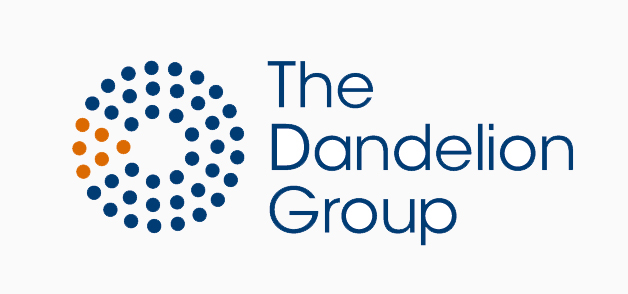Metonymy
When people fail to recall what we said, it might be because we said too much. Can one picture word be worth a thousand words?
Kids love the ‘telephone game’. When we pass around a message, misunderstandings happen. What makes children laugh, can make adults cry. Interviews and speeches are stronger without long words or sentences.
Metonymies can solve our problem. Such linked terms can summarise extensive explanations. Whilst a metaphor replaces one word for another, a metonymy simplifies through combination. You spot them in famous quotes but also use them every day. For instance, people often complain about “the EU” or “Brussels” although they mean three institutions with representatives from 28 Member States. A more romantic example would be condensing our feelings in the word ‘heart’.
How to make metonymies
Close your eyes and think about a typical week in your life from Monday to Sunday. Write down 10 words that elicit emotions and you can imagine as a logo.
(e.g. crown, suit, movies)Identify long explanations, lists or words with two parts in your speech.
(e.g. constitutional monarchy, business man and film industry)Simplify your text by replacing complex wording with at least three ‘logos’.
(e.g. constitutional monarchy becomes crown; we talk about a suits instead of business men, and Hollywood replaces the film industry)
Exercise
British biologist Sir David Attenborough not only announced his next TV series at the World Economic Forum in Davos. Interviewed by Prince William, he shed light on why political leaders are not reacting fast enough to prevent the destruction of the Garten of Eden. Here is the link to his speech. Find three metonymies.
Learn the techniques. Boost your confidence. Make your point.
Click here to jump the curve.

